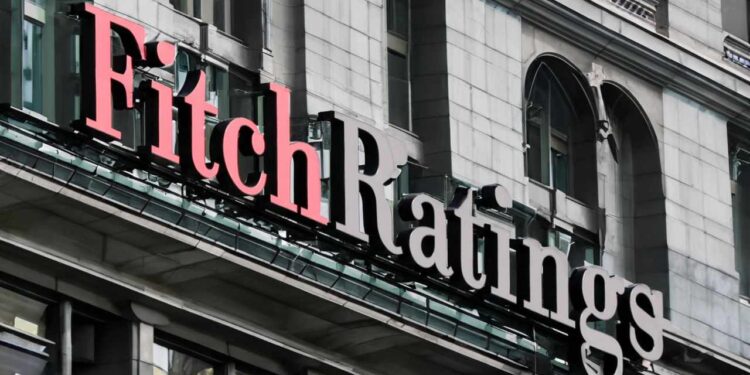Research analysts at BMI, a Fitch Solutions company, have projected a 2.5% decline in private consumption in Nigeria for 2024. This forecast follows a sharp 10.3% drop in 2023 and is expected to subtract 1.5 percentage points from overall economic growth, according to their report titled “Below-Potential Growth Ahead in Nigeria, Despite Advances in Domestic Refining.”
The analysts highlighted challenges in wage negotiations between the federal government and trade unions, foreseeing that while an agreement on a higher minimum wage is likely under mounting political pressures, the informal sector, which employs 80% of Nigeria’s workforce, will not benefit from such reforms.
They underscored weak consumer spending as a persistent drag on economic growth, exacerbated by President Bola Tinubu’s economic reforms aimed at removing fuel subsidies and liberalizing the exchange rate, which have contributed to a surge in inflation to a three-decade high of 34.0% year-on-year in May. The analysts anticipate inflation to ease to just under 25.0% by the year-end but foresee elevated food prices due to security challenges in agricultural regions and adverse weather conditions.
Regarding capital inflows, the analysts noted a significant 219.7% year-on-year increase in Q1 2024 but cautioned that foreign direct investment remains subdued, particularly outside the hydrocarbons sector, reflecting ongoing concerns about Nigeria’s long-term business environment.
Domestically, the central bank’s decision to raise the cash reserve ratio from 32.5% to 45% at the beginning of the year has tightened liquidity within the banking system, potentially limiting business financing in the near term. Despite the commencement of the Lagos-Calabar Coastal Highway Project, fiscal pressures stemming from high debt servicing costs and weak tax revenues are expected to constrain the government’s ability to boost capital expenditure to levels seen in other Sub-Saharan African countries.
In conclusion, BMI forecasts modest growth of 7.0% in fixed investment, contributing just 1.0 percentage point to overall economic growth in 2024.
























